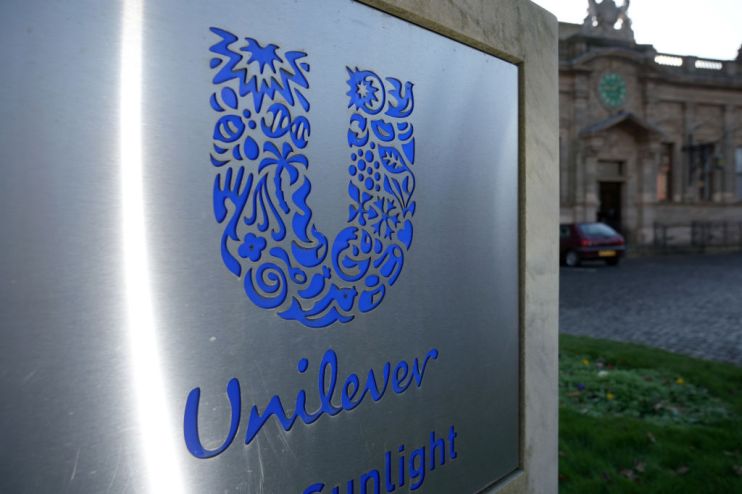Why the financial world should be demanding authenticity

There is every reason for the financial world – and the public beyond it – to be sceptical of greenwashing.
Pimping environmental credentials in advertising, and investment has become de rigueur.
But even then, one of the competition watchdog’s complaints regarding Unilever – that the company uses green leaves on its packaging – feels a bit much.
Indeed the competition watchdog isn’t making itself popular with anyone at the moment.
Big tech companies are fed up to the back teeth with the increasingly interventionist regulator; more than one off-the-record briefing in recent months with Silicon Valley’s boss class has devolved into a rant about a watchdog which appears to have found its appetite.
Some will perhaps argue that’s a good thing. Others will argue it’s bad for UK PLC.
One thing that is clear, at least on so-called ESG credentials, is that claims alone won’t be enough.
The more individuals that invest on the back of sustainability concerns, the more pressure there will be on the rest of the financial ecosystem to improve everything from the quality of ESG ratings to educating their graduates on what really matters.
Perhaps then those three letters will go from annual report must-haves to something more substantial.
The value, then, of groups like Female Invest cannot be overstated. The company is on a mission to educate women on securing their financial independence. But central to their ethos is impact and community – and, of course, making money.
Education, pressure, and engagement are the keys to making impact investing successful – and proving the point that business remains the only power that can truly deliver a more sustainable world.
This is the message that must cut across all other rhetoric and noise
